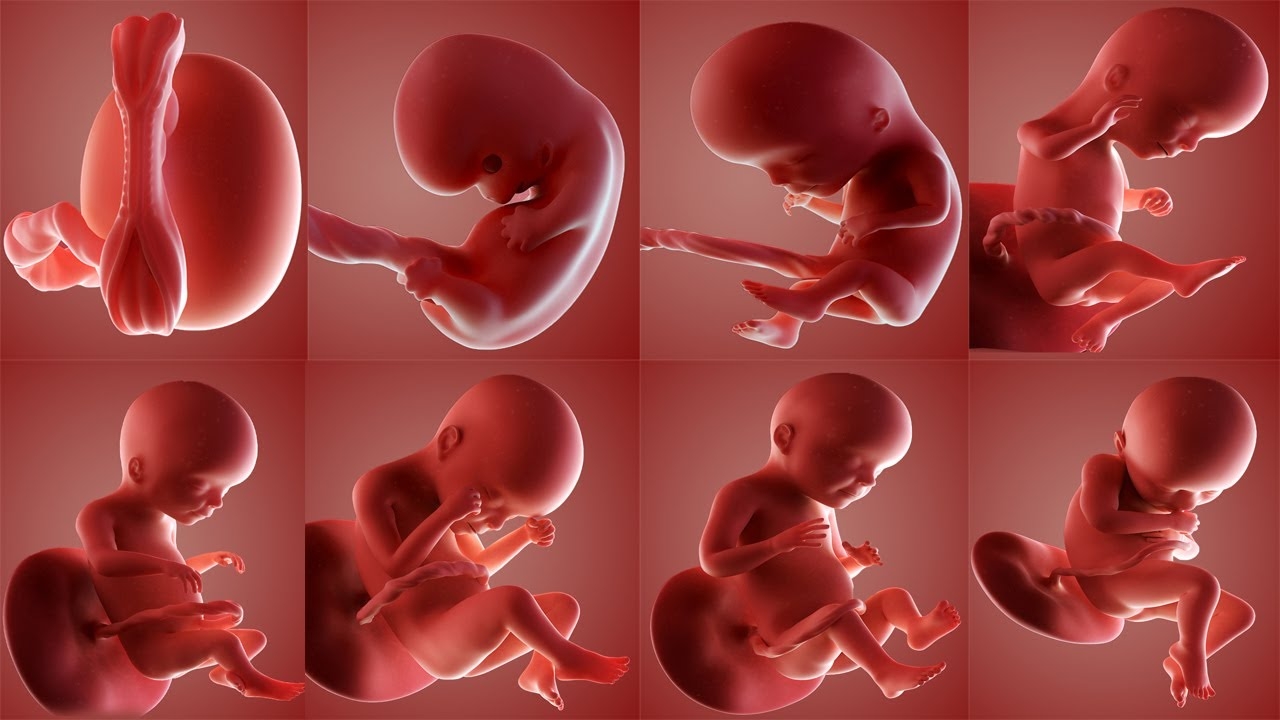 Source: bing.com
Source: bing.comAs a new parent, you might be wondering when your baby will start to see the world from someone else’s point of view. This is a crucial milestone in a child’s development and can have a significant impact on their social and emotional growth. So, when do babies develop others’ perspectives?
Table of Contents
What Is Perspective-Taking?
Perspective-taking is the ability to understand that other people have thoughts, feelings, and beliefs that may be different from one’s own. It is the foundation for empathy, social understanding, and effective communication. Perspective-taking involves being able to see the world from someone else’s point of view and understanding their emotions, intentions, and desires.
When Do Babies Start to Develop Perspective-Taking?
Babies start to develop perspective-taking skills from a very young age. Early on, they begin to recognize that other people are separate individuals with their own bodies and minds. By the time they are around 6-9 months old, they understand that other people have different goals and intentions than they do. They also start to show signs of empathy, such as comforting someone who is upset or sharing a toy with a friend.
Around 1-2 years old, toddlers start to develop a more sophisticated understanding of others’ perspectives. They can recognize when someone is happy, sad, or angry and can respond appropriately. They also start to understand simple social rules, such as taking turns and sharing. By age 3, children can understand that others can have different beliefs and knowledge than they do and can adjust their own behavior accordingly.
What Factors Affect Perspective-Taking Development?
Several factors can affect a child’s development of perspective-taking skills. These include:
- Genetics
- Parenting style and quality of attachment
- Cultural background and experiences
- Exposure to diverse environments and people
- Language development
Children who grow up in nurturing and responsive environments with positive role models and exposure to diverse experiences are more likely to develop strong perspective-taking skills.
How Can Parents Encourage Perspective-Taking?
As a parent, you can play a significant role in promoting your child’s perspective-taking skills. Here are some tips:
- Model empathy and respect for others
- Encourage your child to express their feelings and opinions
- Read books and watch movies that feature diverse characters and perspectives
- Explain different points of view and encourage discussions
- Encourage your child to consider others’ feelings and perspectives in their own actions
By promoting perspective-taking skills, you are helping your child to navigate the complex social world and develop healthy relationships with others.
Conclusion
In conclusion, babies start to develop perspective-taking skills from a very young age, and their understanding becomes more sophisticated as they grow. Several factors can affect their development, including genetics, parenting style, cultural background, and exposure to diverse experiences. As a parent, you can promote your child’s perspective-taking skills by modeling empathy and respect, encouraging expression of feelings and opinions, and providing exposure to diverse perspectives.
Frequently Asked Questions
Q: Can perspective-taking be taught?
Yes, perspective-taking can be taught and encouraged through experiences, discussion, and modeling.
Q: Why is perspective-taking important?
Perspective-taking is important for social and emotional development, communication, and empathy.
Q: How can I tell if my child is developing perspective-taking skills?
Signs of perspective-taking development include sharing, comforting others, recognizing and responding to emotions, and considering others’ feelings and perspectives.
Q: Are there any cultural differences in perspective-taking development?
Yes, cultural background and experiences can play a role in perspective-taking development. For example, some cultures may prioritize group harmony over individual expression.
Q: Is perspective-taking the same as empathy?
Perspective-taking is a component of empathy, but empathy involves a broader range of emotional and cognitive processes.
